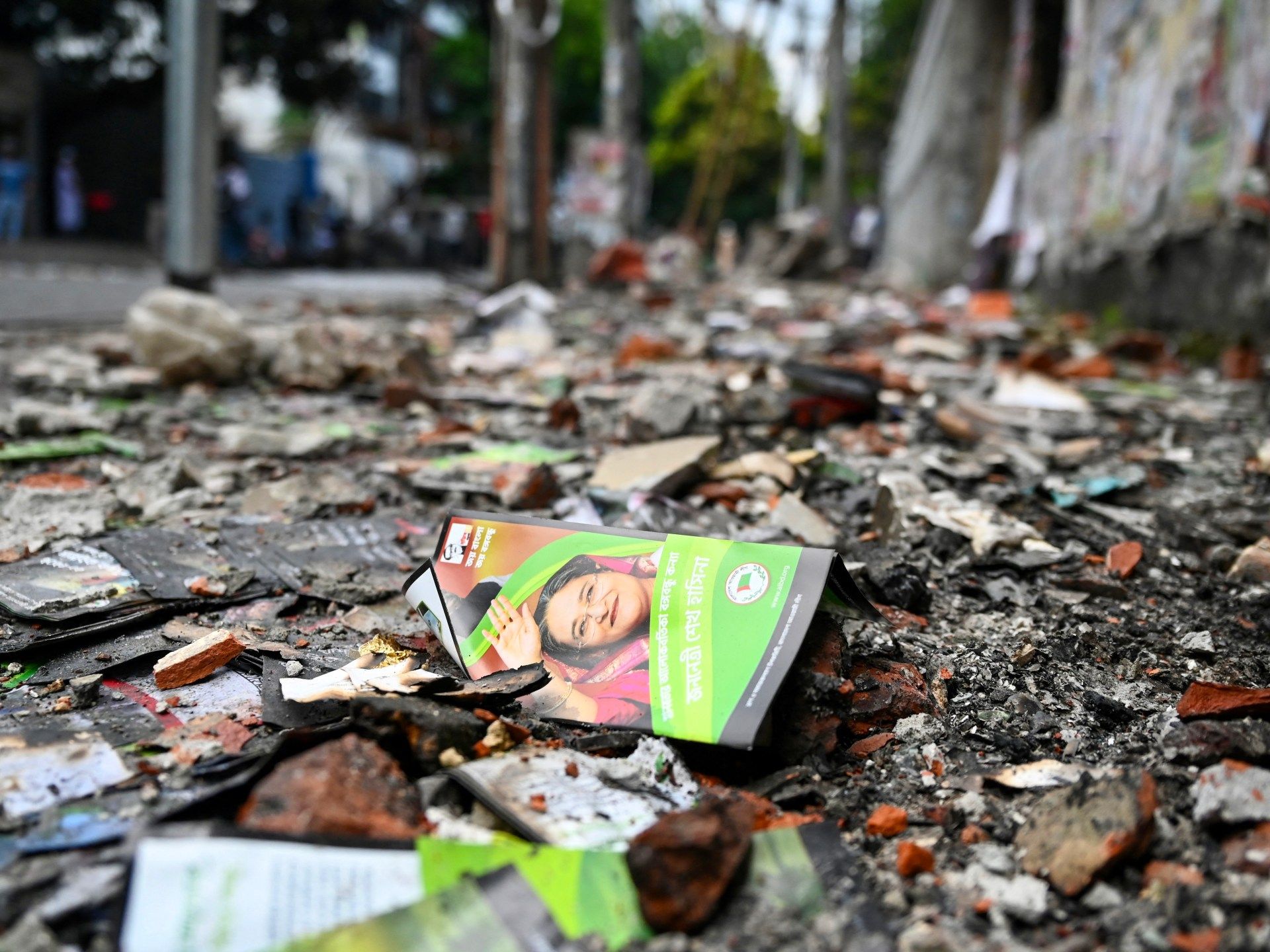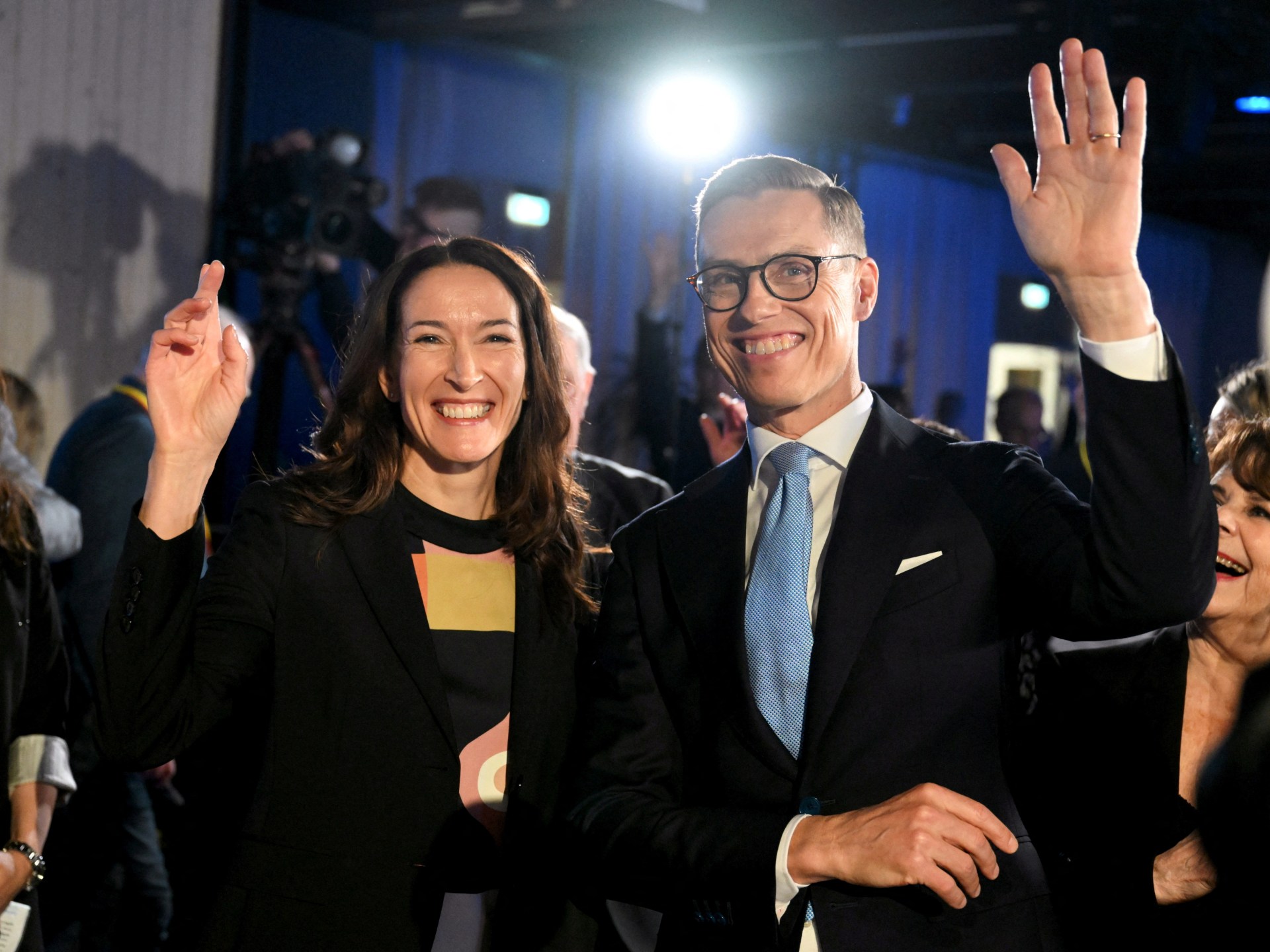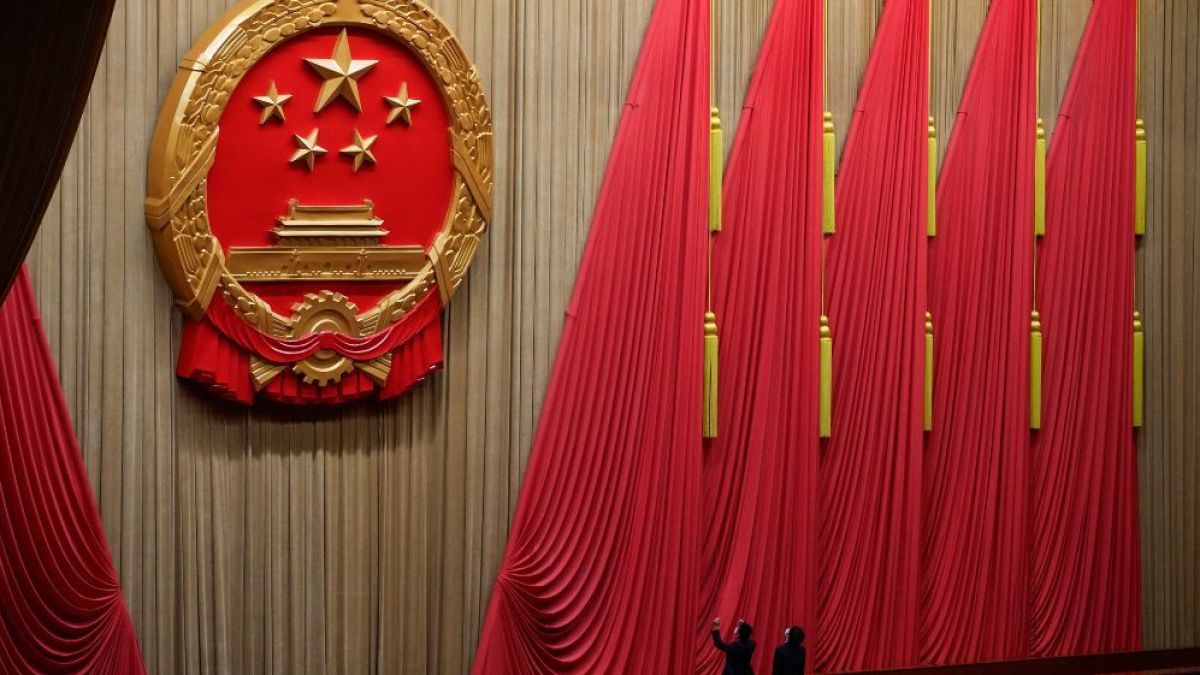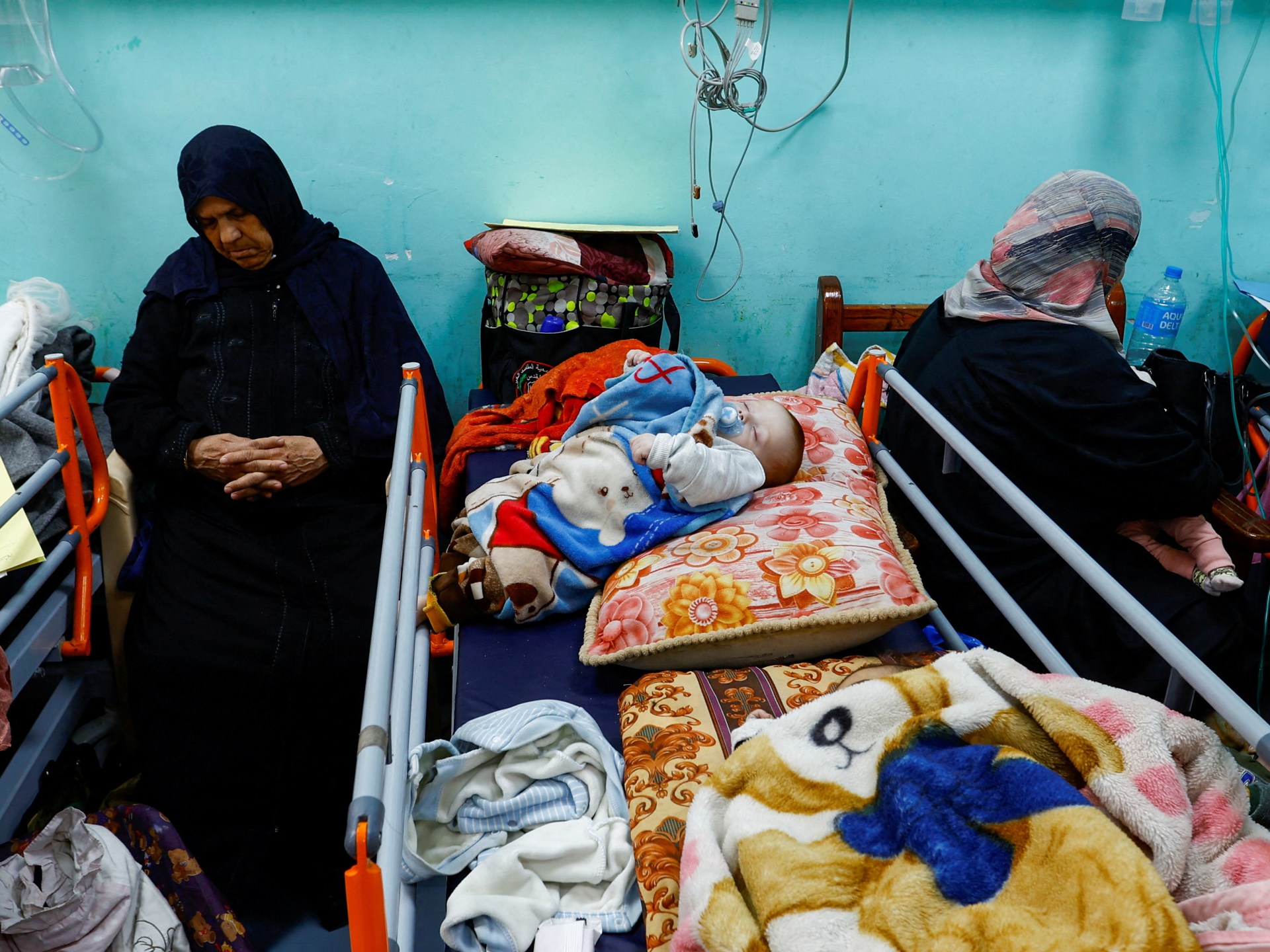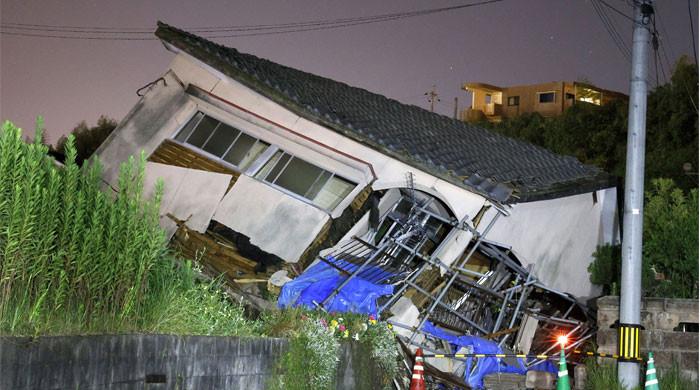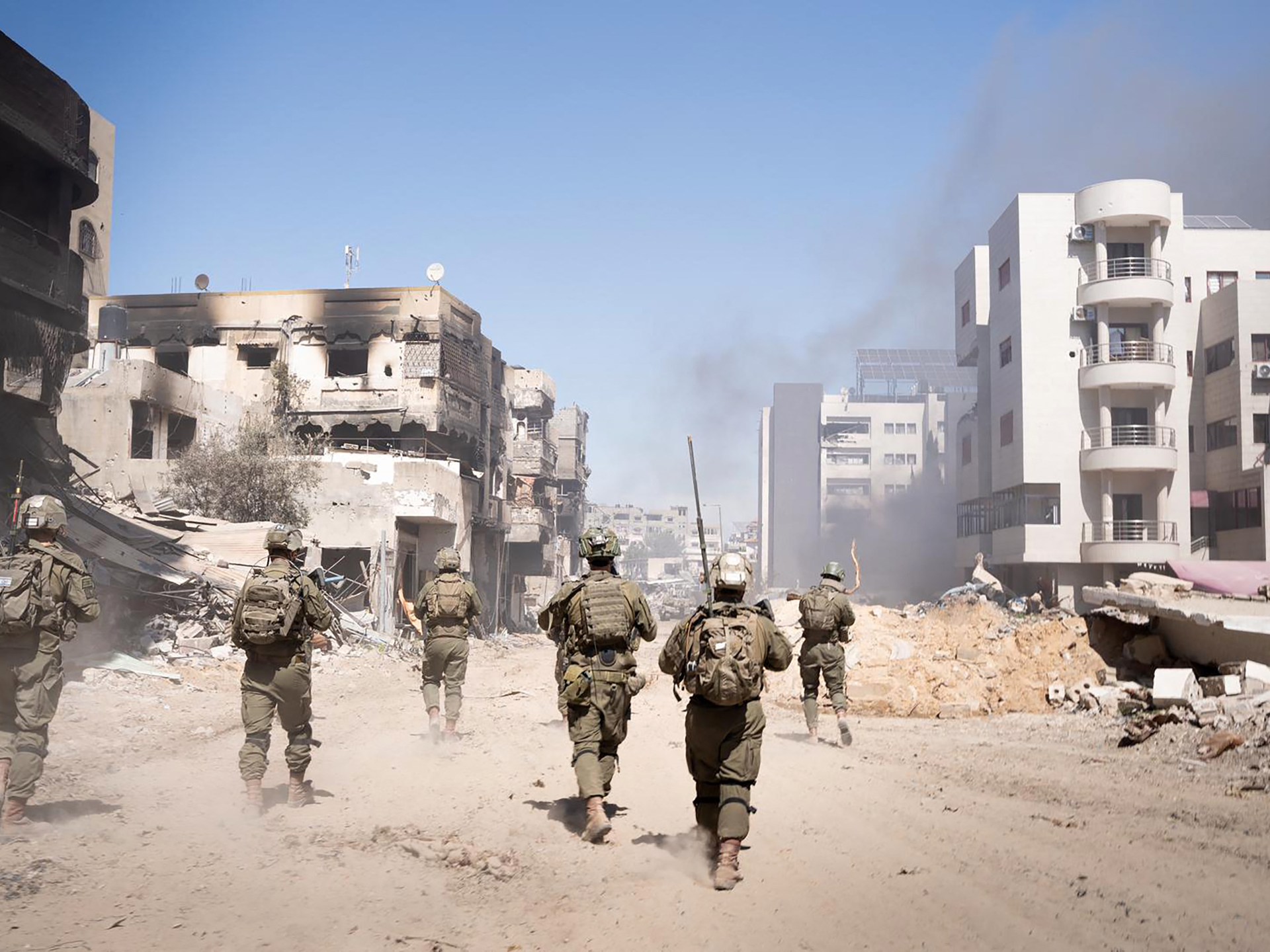Hopes are high that the interim government of Muhammad Yunus can restore stability and address the country's inequalities.
The student protests that have rocked Bangladesh since July 1 and prompted Prime Minister Sheikh Hasina to flee in the middle of the night by helicopter to New Delhi have hit the national economy hard, with losses estimated in billions of dollars.
Now, as Nobel laureate Muhammad Yunus prepares to lead an interim government in Dhaka, businesses are grappling with the unprecedented nature of recent events and what comes next.
“Very few expected the situation to develop the way it did,” Vina Nadjibulla, vice-president of research and strategy at the Asia Pacific Foundation of Canada, told Al Jazeera, referring to the dozens of deaths and injuries earlier this week and Hasina's departure.
“Bangladesh has had many coups, but this one is new: the power of the people, the absolute power of the protesters. We are now in uncharted territory.”
This level of political turmoil will have economic ramifications, Nadjibulla said.
Even before last weekend's events and the bloodshed, Zaved Akhtar, president of the Foreign Investors Chamber of Commerce and Industry (FICCI), said Bangladesh's economy had suffered losses of $10 billion due to student protests, curfews and communications blackouts.
On Wednesday, Reuters news agency reported that some garment factories, a key employer and revenue generator for the South Asian nation, had reopened after four days of closure. At the same time, there are concerns about damage to trade, as at least one Indian garment producer in Bangladesh said it was diverting its production to India for the rest of the year, Reuters said.
“Those who saw Bangladesh as an attractive strategy for China+1… this political instability puts a question mark around it and makes it more urgent to restore law and order so that supply chains are not further disrupted,” Nadjibulla said, referring to efforts by global companies to diversify supply chains away from China in the wake of ongoing tensions between Beijing and Washington, DC.
While the interim government's immediate goal should be to restore law and order, it will eventually have to come up with a plan to address the strains on the economy that fueled the protests, said Michael Kugelman, director of the South Asia Institute at the Wilson Center.
According to the International Labour Organization, about 67 percent of Bangladesh’s 170 million people are aged between 15 and 64, and more than a quarter are aged between 15 and 29. The country has made impressive progress, with economic growth averaging 6.25 percent annually over the past two decades. However, there is still significant inequality and poverty in the country: last year, about 40 percent of Bangladeshis aged between 15 and 24 were not in employment, education or training.
“If those in charge are serious about addressing the economic crisis, they need to restore law and order as soon as possible. The past few weeks have been an image nightmare and will scare away investors… Current investors need to be kept safe so they don't pull out,” Kugelman told Al Jazeera.
'Watch and wait'
Bangladesh is a key economic player not only as a garment manufacturer for many Western countries, but also as an energy importer and a recipient of large infrastructure investments from countries such as China and Japan.
In 2023, for example, it imported goods – mainly raw materials such as refined petroleum, cotton, textiles and fertilizers – worth $73 billion, according to the CIA World Factbook.
“I hope the new government will have people who link restoring peace with stabilizing the economy,” Kugelman said. “Uncertainty is something that can make trading partners and investors even more uncomfortable. One thing Bangladesh’s economic partners don’t want is more unrest. But in the end, all these economic partners can do is watch and wait nervously.”
India is one of the countries likely to be most affected by the current unrest in Bangladesh, not only because of its historical relationship (it helped what was then East Pakistan gain independence from West Pakistan), but also because Prime Minister Narendra Modi has been a staunch ally of Hasina.
“There could be greater risks for Indian companies, but it all depends on the law and order situation and whether the new government can control it,” Kugelman said.

